In the world of product manufacturing and retail, businesses are often faced with the decision of whether to pursue a branding vs private label solutions. Both models have their distinct advantages and disadvantages, and the right choice for your business largely depends on your specific goals, resources, and target market.
In this blog, we’ll explore both branding and private label models, outlining their key benefits and challenges, so you can make an informed decision on which is best suited for your needs.
Branding refers to creating a unique identity for your products. This includes developing a distinctive logo, messaging, packaging, and marketing strategies that set your products apart from competitors. The key here is to build a strong emotional connection with customers through your brand.
On the other hand, private label products are manufactured by one company but sold under another company’s brand. For example, a retailer may purchase generic products from a manufacturer and sell them under their own store’s name. Private label products are often seen as an affordable alternative to well-known brands.
When choosing between branding and private label, there are several factors you should consider:
It’s also worth noting that some companies use a hybrid model, combining private label vs branding strategies. This can give businesses the flexibility to tap into different market segments. For instance, you can offer private label products alongside your branded offerings, giving customers a wider range of options at different price points.
By doing so, you can cater to both budget-conscious customers and those seeking premium, branded products. The hybrid approach allows you to diversify risk while expanding your product portfolio.
Ultimately, the choice between branding vs private label depends on your business objectives, resources, and market positioning. If you have the capital and time to invest in long-term growth, building a brand might offer the best return on investment. However, if you’re looking for lower-risk, cost-effective solutions with quicker market entry, private label products may be the way to go.
Remember that there’s no one-size-fits-all answer. It’s important to evaluate your options carefully and consider both the advantages and disadvantages of branding and private label before making your decision. Contact Powsmart if you’re interested in water flosser manufacturing and customization service.https://www.powsmart.com/

The Characteristics of the Target Audience for Home Teeth Whitening Devices
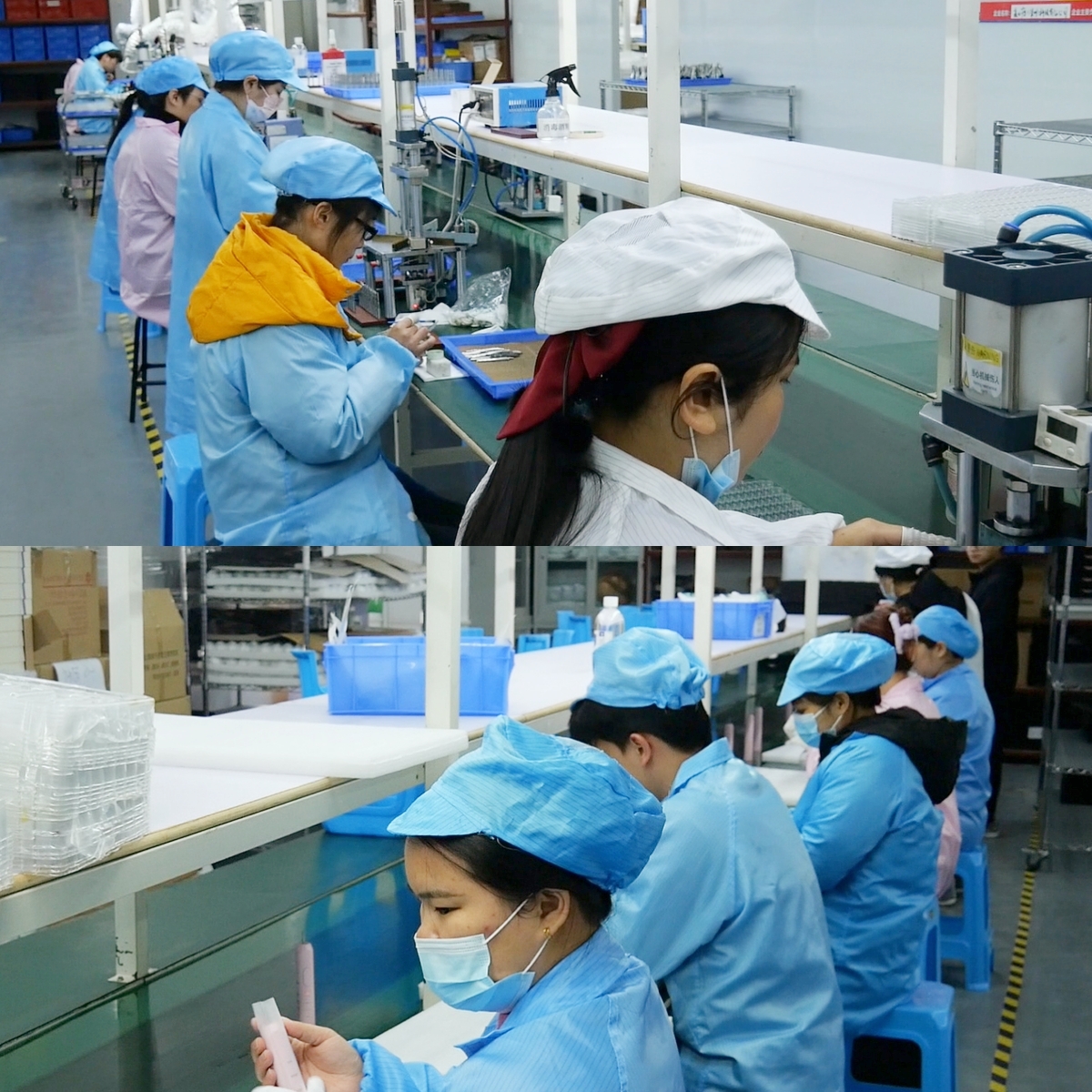
How to Check the Production Capacity of an Electric Toothbrush Factory?
-3-scaled-1.jpg)
Comparing Irritation of Teeth Whitening Methods for Sensitive Teeth
How to Choose Good Bristles When Selecting an Electric Toothbrush?
How to Deal with Sudden Tooth Sensitivity carefully?

Clean & Maintenance Tips for Your Sonic Electric Toothbrush
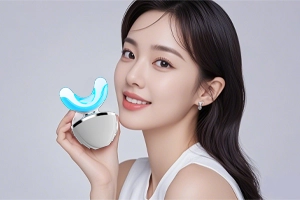
Choosing the Right Teeth Whitening Device Supplier: A Useful Guide for Brand Customers

How to Deal with the Electric Toothbrush That Automatically Starts Up?
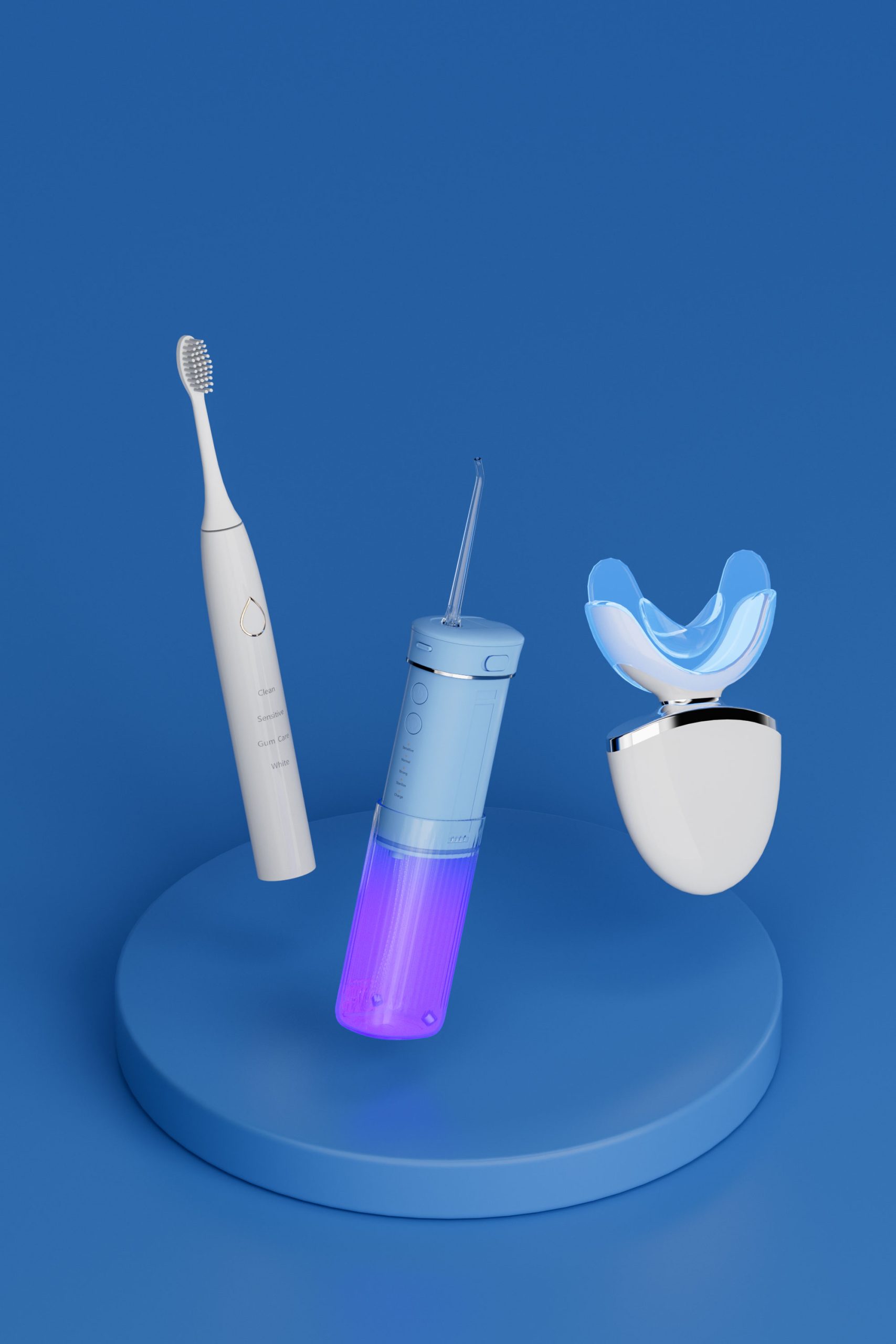
Smart Home Health Devices: Connected Toothbrush OEM Solutions
Is Your Electric Toothbrush Losing Power Too Fast?

Application of Phototherapy Technology in Teeth Whitening and Oral Care

Comparison of Performance & Price of Different Motors for Water Pumps for Dental Flossers

Why Does the Oral Irrigator Make Abnormal Noise After Being Used for a Period of Time?
Executive Gift Electric Toothbrush Box Set for Diwali
.jpg)
Travel Water Flosser OEM: Compact and Portable Solutions
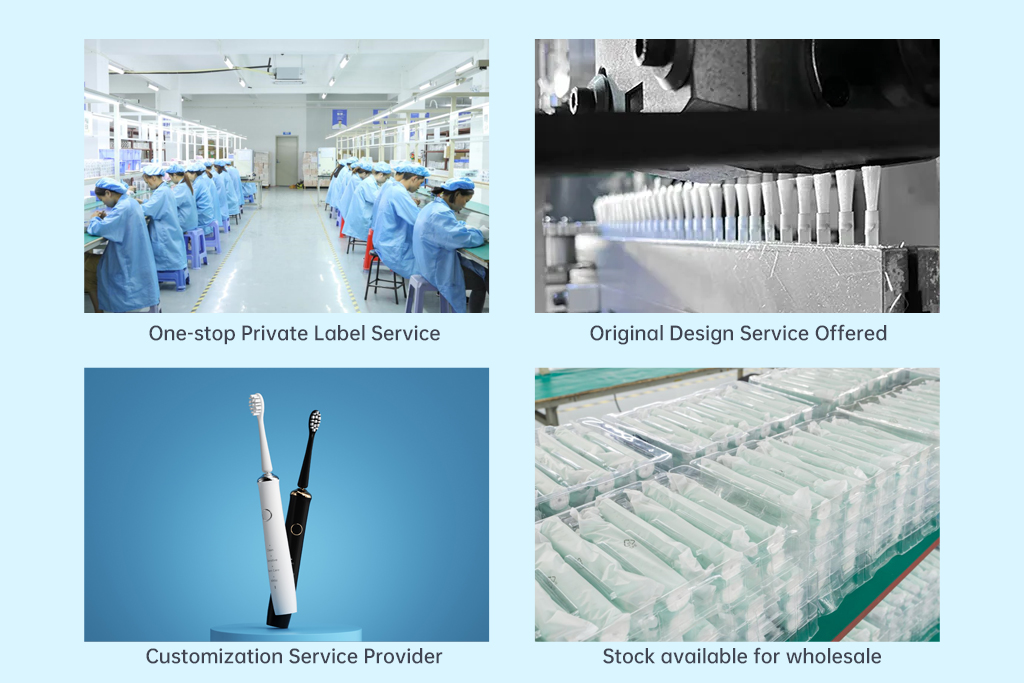
Benefits of Electric Toothbrushes: Why Brands Should Invest in electric toothbrush Quality Manufacturing
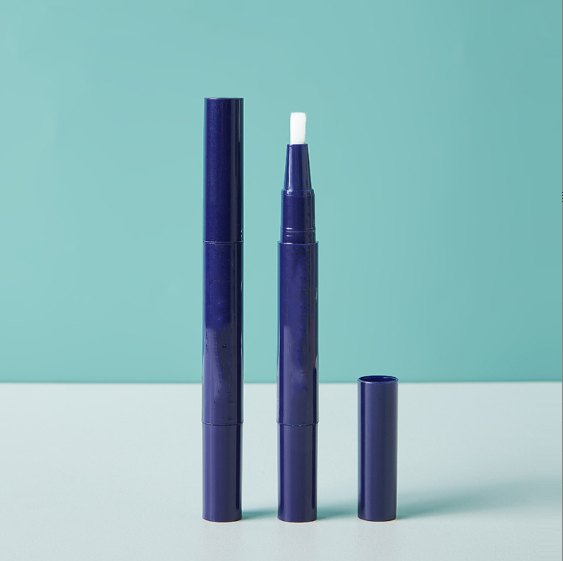
Private Label Whitening Gel
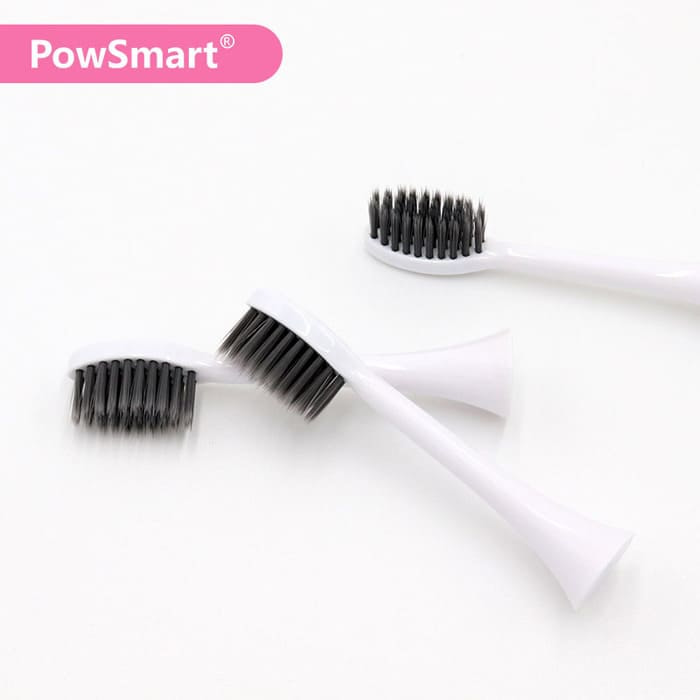
electric toothbrush heads Charcoal Infuse-Round
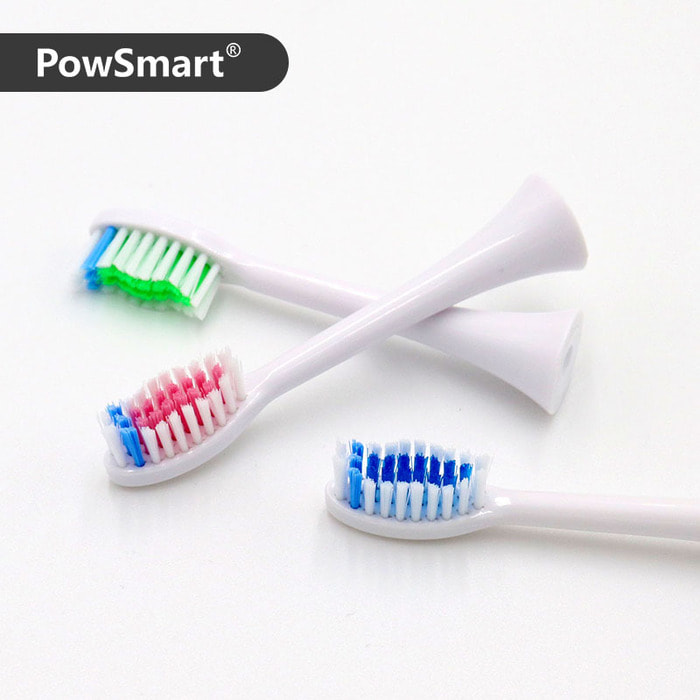
electric toothbrush heads Regular Clean
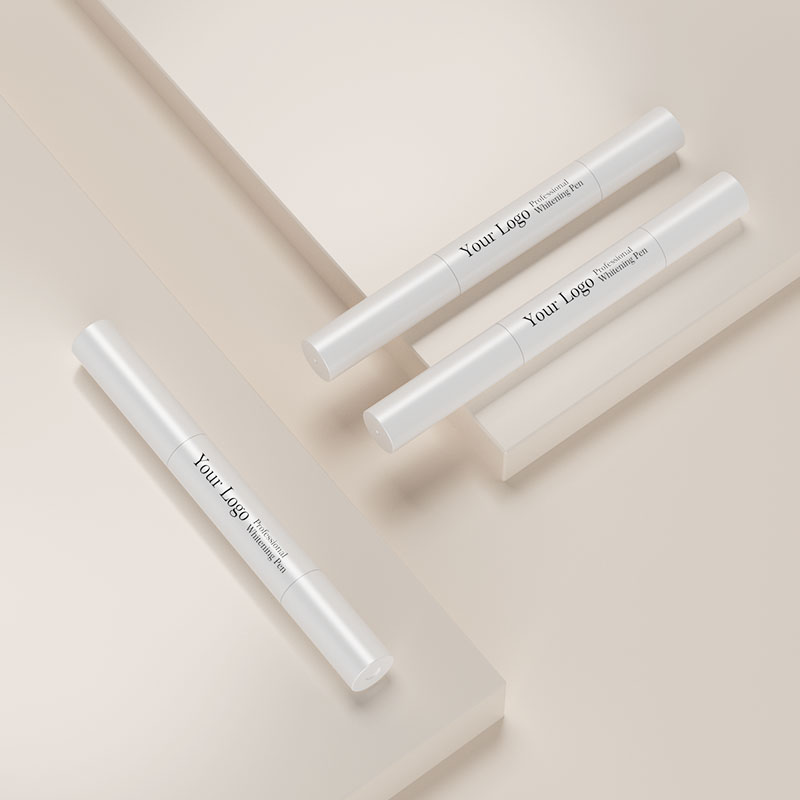
Customization Teeth Whitening Gel
.jpg)
Florida Electric Toothbrush – Powsmart PTR-C8
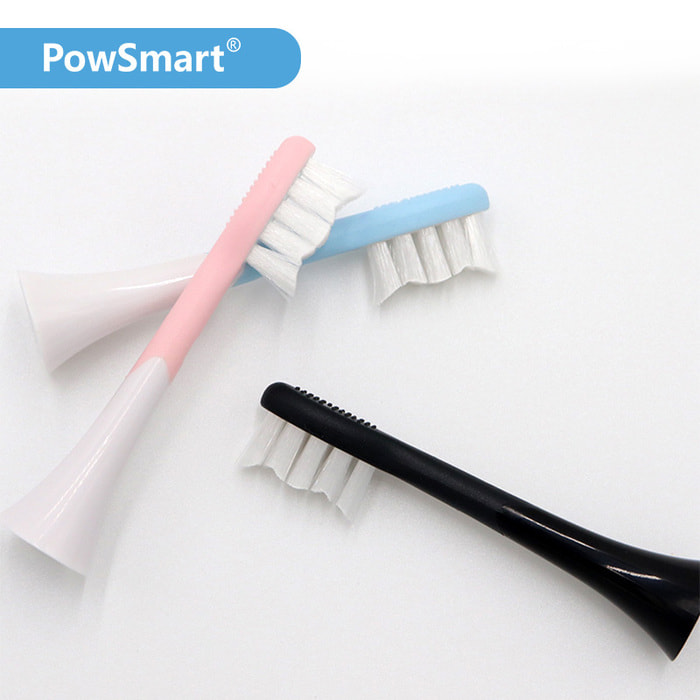
electric toothbrush heads Ultra Soft
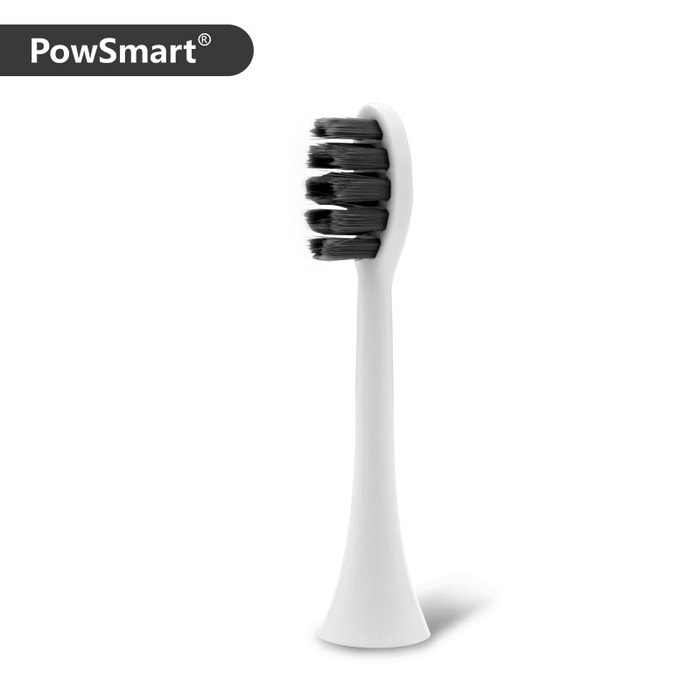
Electric toothbrush heads Charcoal Infused-Diamond
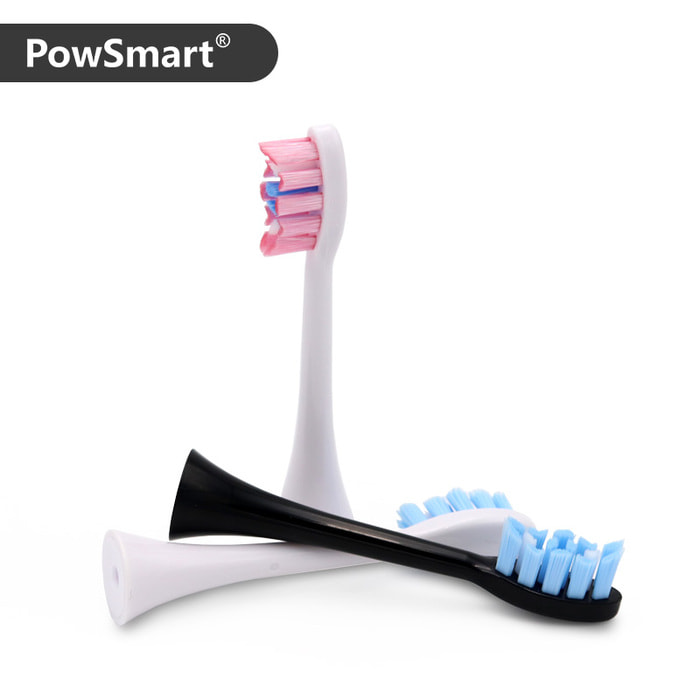
electric toothbrush heads Deep Clean
whstapp
whstapp
National Toll-Free Service Hotline
+86 755 86238638